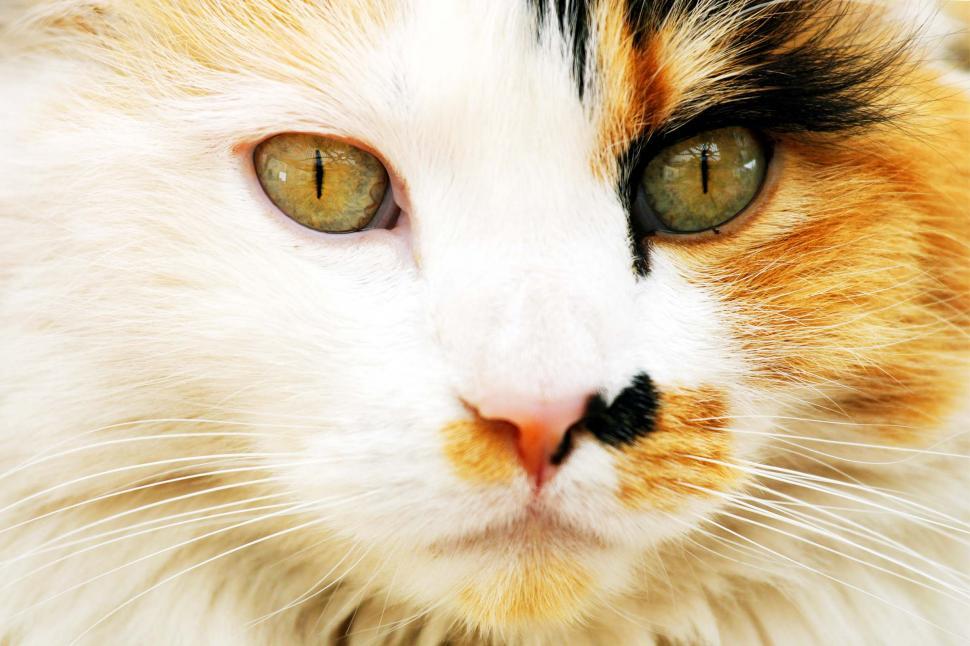Automated Litter Boxes: Are They Worth the Investment?
Automated Litter Boxes: Are They Worth the Investment?
Blog Article

Picking the perfect cat litter for your feline friend can be a difficult task provided the myriad of choices offered on the market. This thorough guide will explore the different types of cat litter, their benefits, disadvantages, and everything in between to assist you make a notified decision.
The product of the cat litter plays a vital function in its efficiency. Common products consist of clay, silica gel, recycled paper, wood, corn, wheat, and walnut shells. Each material uses unique advantages and potential downsides.
Clay-based litters are the most standard and commonly used due to their high absorbency and clumping capabilities, which make cleanup much easier. Nevertheless, they can be dusty and might not be the finest choice for cats or human beings with respiratory issues. Silica gel crystals are extremely absorbent, control odors successfully, and are low upkeep because they do not need to be altered as often. Nonetheless, they can be more pricey and some cats might not like the texture. Naturally degradable litters, made from recycled paper, wood, corn, wheat, and walnut shells, are eco-friendly alternatives. They are normally dust-free and helpful for felines with allergic reactions, but their smell control and clumping capabilities differ widely.
The option between clumping and non-clumping litter is considerable. Clumping litter forms strong masses when wet, making it easy to dig urine and feces, thus preserving a tidy litter box. Non-clumping litter takes in wetness but does not form clumps, which might lead to more regular changes of the entire litter box.
Smell control cat litter alternatives is a top concern for most feline owners. Litters are frequently instilled with baking soda or charcoal to neutralize odors. Keeping a fresh litter box likewise needs regular scooping, preferably twice a day, and following the maker's guidelines for changing the litter and cleaning package.
The health of your cat and the ecological impact of the litter are also important elements. Dust-free or low-dust options are better for respiratory health. Naturally degradable litters use an environmentally friendly option to clay, which is strip-mined and not renewable. Furthermore, it's crucial to be familiar with any allergic reactions your cat may need to specific products.
Cost is a vital factor to consider, as the price of cat litter can vary considerably. While silica gel and some eco-friendly litters might be more expensive upfront, their durability can use cost savings in automatic cat litter box the long run. Conversely, clay litter is frequently less expensive however needs more frequent replacement.
Ultimately, the best cat litter is one that fits both your and your feline's choices and requirements. It may take some trial and error to find the ideal match. Take notice of your feline's behavior cat litter pellets and comfort, in addition to the litter's performance in terms of smell control, absorbency, and upkeep.
Picking the ideal cat litter contributes substantially to your cat's health, happiness, and the cleanliness of your home. By considering the material, clumping ability, odor control, health impacts, environmental impacts, and cost, you can make an informed decision that benefits both you and your furry companion. Remember, what works best for one cat may not fit another, so want to experiment until you find the ideal solution.